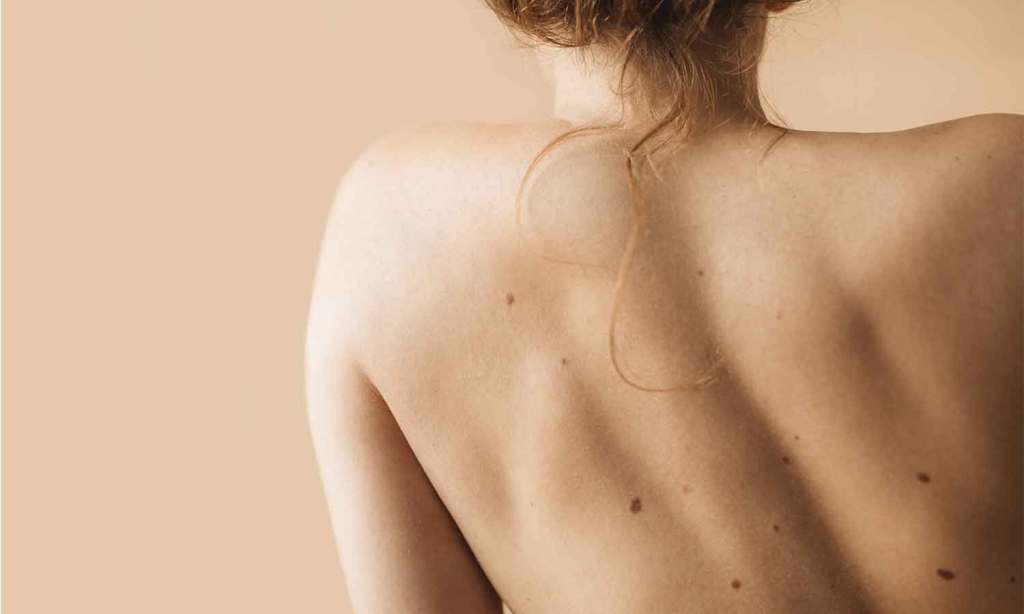A new development in the world of melanoma detection is happening in Australia. With roughly 28,000 Australians diagnosed with melanoma each year, and an estimated 95% of these cases caused by unprotected exposure to UV radiation, making many of these preventable, it’s good news indeed.
The world-first 3D scanning technology, which is being spearheaded by researchers at the Australian Cancer Research Foundation’s Australian Centre of Excellence in Melanoma Imaging & Diagnosis, enables researchers to use full-body mapping to create a 3D avatar that allows for the tracking of moles and skin spots over time.
According to experts at the University of Queensland (UQ), this technology is a game-changer when it comes to detecting melanoma — the most serious of all skin cancers. This state-of-the-art technology takes an image in milliseconds and will revolutionise early melanoma detection, says University of Queensland dermatologist Professor H. Peter Soyer.
“The telemedicine network allows dermatologists and medical professionals to detect skin cancers remotely, even from the other side of the country,” Professor Soyer said in a news release.
“For the first time, medical researchers can access a national database of up to 100,000 patient images taken by 3D full-body imaging systems located in Queensland, NSW and Victoria, as part of the world’s largest melanoma imaging trial, which aims to develop more efficient and effective screening for the early detection of skin cancer.
“Using algorithms created by artificial intelligence, the 3D imaging systems are able to analyse the images and produce a full-body skin spot map, which transforms the way we will monitor patients in the future.”
Researchers are currently putting together a study that uses the new technology, with this project bringing together three of Australia’s leading universities — UQ, the University of Sydney and Monash University in Melbourne — who will scan 15,000 Australians as part of the research.
The goal is to eventually create a national database of up to 100,000 patient images taken from across the country. According to experts at Monash University, these scans will be analysed by researchers to help create a skin cancer and melanoma algorithm that uses artificial intelligence, which in turn, will help with the detection and management of melanoma going forward.
Those living in Queensland, New South Wales or Victora who want to take part in the world’s largest melanoma imaging trial using the 3D full-body imaging system can apply via the Australian Centre of Excellence in Melanoma Imaging & Diagnosis website. There are 15 sites across these states and the locations can be found here.
For those who live outside these states but would like to hear more about how to get involved or when a centre will come to your state, email acemid@uq.edu.au. And, before you go, this is your official reminder to get your skin checked, which should be done by a professional every year, as well as self-checks every three months.
Read more stories from The Latch and subscribe to our email newsletter.

